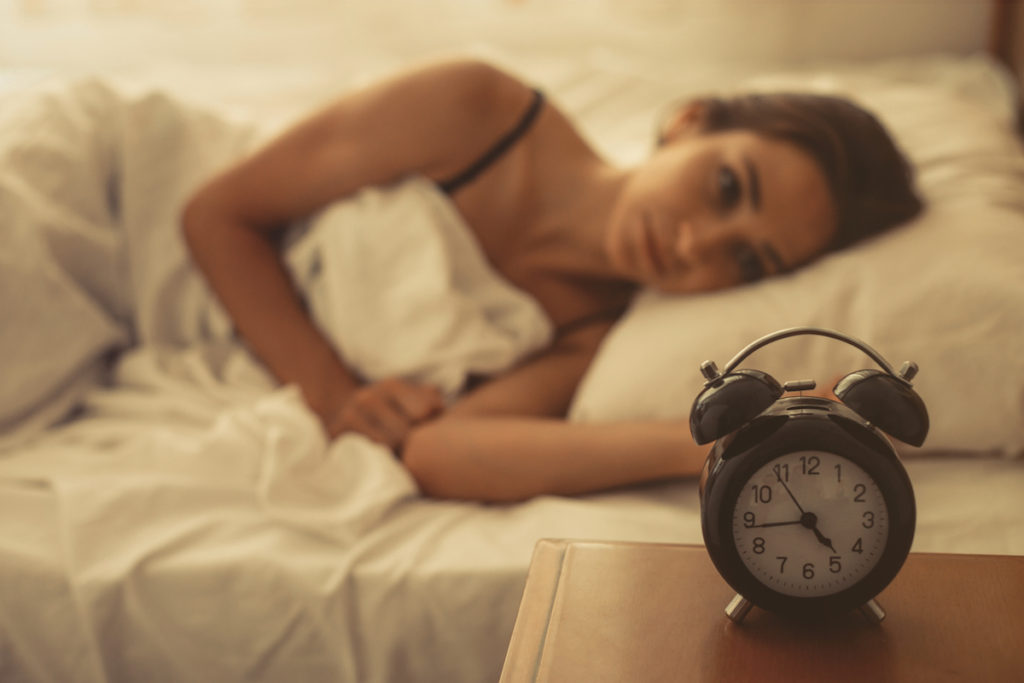Humans spend over a third of their life sleeping. It’s so critical to our lives that going without sleep can actually cause some to exhibit symptoms of psychosis and in severe cases, lead to death. Although sleep loss is most frequent during the withdrawal period, it can persist for months or years after the drinking or drug use ends. Depending on how long the problem persists, sleep loss and insomnia can have significant negative effects on the physical and mental well-being of someone in recovery.
Sleeping Sober Versus Sleeping Drunk
When someone goes to sleep sober, they go through the sleep cycle various time throughout the night. The body will cycle between varying stages of sleep including deep sleep, where the body heals itself, and REM sleep, where the brain consolidates and remembers information from the day before. However, going to bed drunk looks very different. While a nightcap or two may help some fall asleep faster- alcohol interferes with the body’s normal sleep cycle. When someone goes to bed drunk, their body doesn’t get the REM sleep it needs to recover from the day before. The inability to experience REM sleep can make those suffering from addiction drink or use more. [inline_cta_one]
Why Do People Experience Insomnia In Recovery?
Many believe that once they’ve received treatment for a substance use disorder all of the problems that persisted during active addiction will subside. However, this is rarely the case. Those living in recovery often experience a new set of problems different from the ones they faced in active addiction. Of those problems, insomnia is one of the most common and persistent issues. In some cases, extreme alcohol or drug usage during active addiction is responsible for masking underlying sleep issues that began before the substance use did. Other times, when the alcohol or drugs are removed, it can take months for the body and brain to readjust to functioning normally without the assistance of substance. This includes relearning to sleep without the assistance of drugs or alcohol. According to the Substance Use And Mental Health Services Administration (SAMHSA), as many as 72 percent of people with an alcohol use disorder will also suffer from sleeping problems that can persist months or years after they stop drinking. Those newly in recovery may also experience a lot of anxiety about sobriety and its challenges. The persistent worrying may also make sleep very difficult.
Side Effects Of Sleep Loss In Recovery
Relapse is the number one concern for those in recovery who are suffering from sleep problems. In fact, SAMHSA noted that persistent sleep complaints after the withdrawal period in those that suffered from an alcohol use disorder are highly associated with relapse. However, facing insomnia in recovery can lead to a series of other negative side effects including:
- Mood swings
- Increased irritability
- Hallucinations
- Anxiety
- Increased risk of depression
- Unable to find sobriety comfortable
With so many negative side effects associated with poor sleep, SAMHSA suggests it is critically important that sleep hygiene and treatment for insomnia be integrated into treatment programs for substance addictions.
Overcoming Sleeping Problems In Recovery
Without alcohol or drugs, it can feel nearly impossible to fall asleep and unfortunately, many of the prescriptions drugs used to treat insomnia have the potential to become addictive. However, there are steps that those struggling with insomnia can take in order combat sleeping problems that don’t involve potentially addictive substances.
- Mindfulness Meditation: Meditation will help patients move into a state of restful alertness in order to reduce stress, release tension and increase sleep potential.
- Progressive Muscle Relaxation: As a patient concentrates on tensing and relaxing their muscles it will help them release stress and prepare their body to rest.
- Biofeedback: Those struggling to sleep will become aware of their body’s response to stress and how to control it.
- Cognitive Behavioral Therapy: Improving a patient’s emotional state by addressing dysfunctional behaviors may help them sleep sounder.
- Stimulus Control: This helps those struggling with insomnia reassociate the bedroom with sleep.
- Daily Exercise: Working out daily will release stress and tire the body out, making it easier to fall asleep.
- Sleep Restriction Therapy: This requires a client to limit sleep to a few hours and gradually increase it until the patient is able to achieve their desired amount of sleep
- Get Outside: Being exposed to natural, bright light during the day will help promote a natural sleep cycle.
SAMHSA notes that each one of the methods listed above has been shown to be effective in treating insomnia for people living in recovery. However, those suffering from insomnia may need to combine many of these methods in order to achieve the desired amount of sleep. While these suggestions for improved sleep hygiene may help some in recovery experience combat their insomnia, they won’t solve everyone’s sleeping problems. If the inability to sleep persists long enough that the person suffering begins to experience any of the negative side effects mentioned above, it’s time to reach out to a medical professional for help. Insomnia can be very dangerous for those in recovery, especially if the persistent lack of sleep begins to push someone closer and closer to using again. A medical professional will be able to address a sleeping problem while taking into account a history of drug or alcohol use. Most importantly, if you or a loved one is facing insomnia during your recovery journey, remember that you are not alone. Insomnia is among the greatest complaint of those living in recovery. While it might seem like a small issue given everything else someone in recovery has faced, persistent lack of sleep can lead to increased chance of relapse. Luckily, insomnia is highly treatable and with the right tools, those suffering will be able to sleep again.


